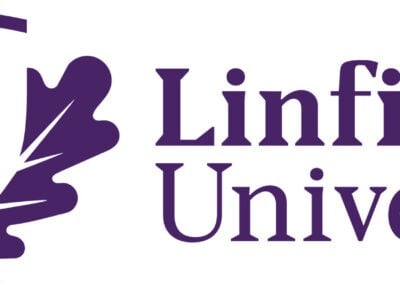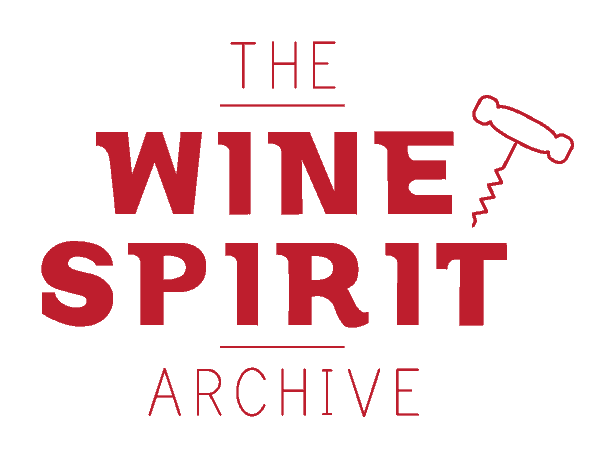Oregon’s modern wine industry began in the 1960s, when a handful of UC Davis graduates planted Pinot Noir vines in the cool hills of the Willamette Valley. Their gamble paid off: by the late 1970s, Eyrie Vineyards’ 1975 Pinot Noir stunned judges in an international competition, putting Oregon on the global wine map. As vineyards multiplied through the 1980s and ’90s, the state needed trained viticulturists, winemakers, and tasting-room professionals—fueling the creation of formal wine-education programs.
The first of these launched in 1999 at Chemeketa Community College in Salem, making it Oregon’s earliest documented wine-studies program. Within a few years, Chemeketa opened the Northwest Wine Studies Center in the Eola-Amity Hills (2003), a hands-on campus that remains central to Oregon wine training today. The success of Chemeketa’s model inspired others: Umpqua Community College established the Southern Oregon Wine Institute in 2008, and Oregon State University developed a full degree option in Viticulture and Enology.
Now, Oregon’s wine-education landscape blends academic rigor with real-world experience. From university research labs to community-college vineyards, these schools supply the skilled workforce behind the state’s thriving wine scene—one rooted in innovation, sustainability, and the pursuit of excellence in Pinot Noir.



